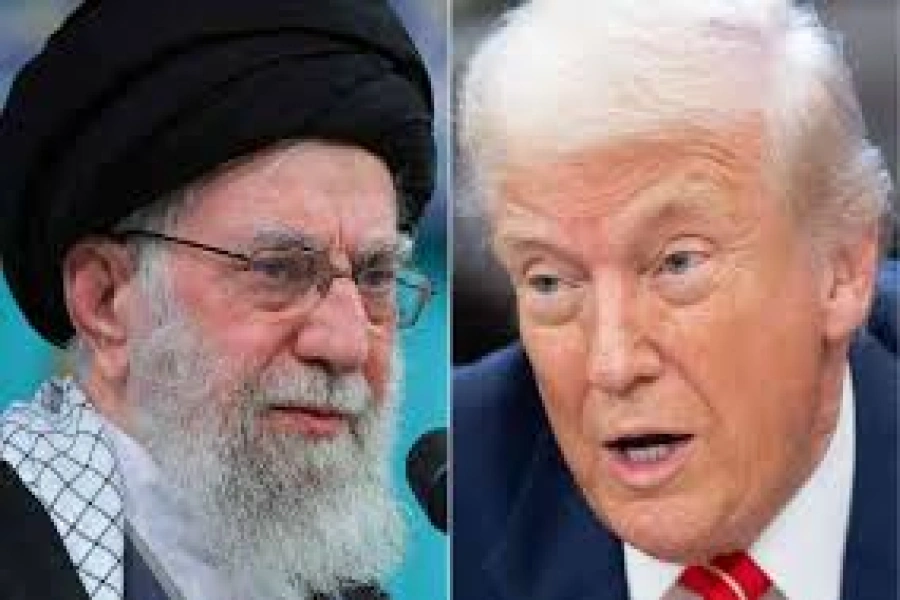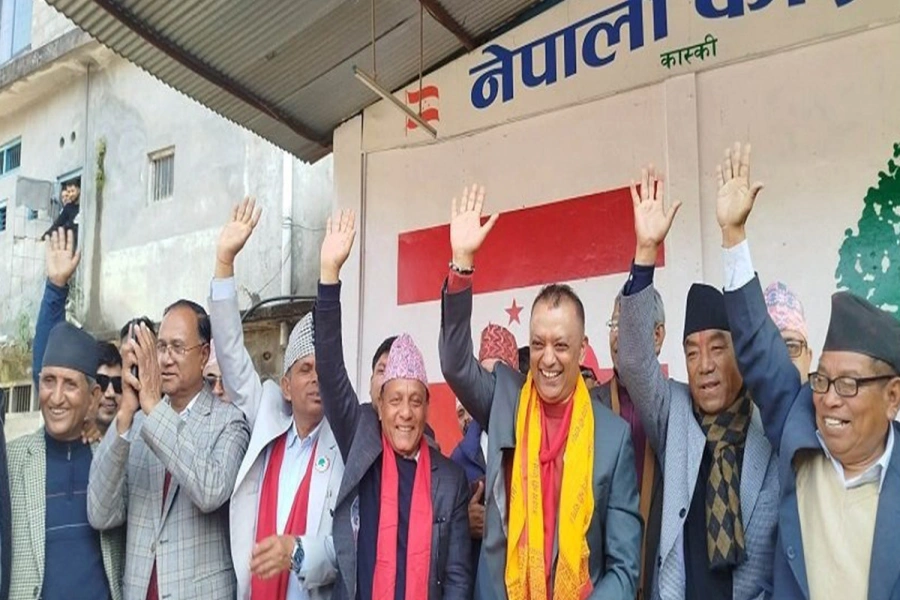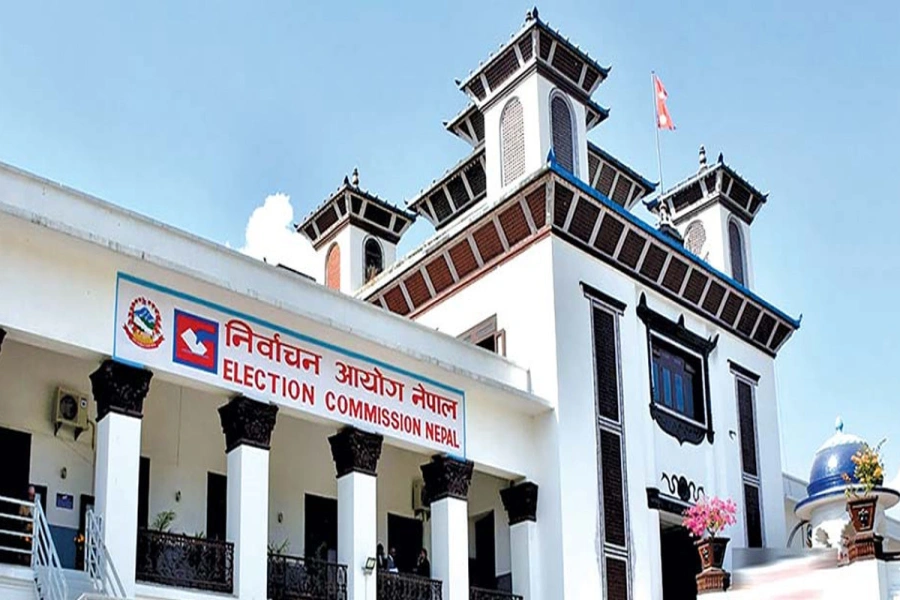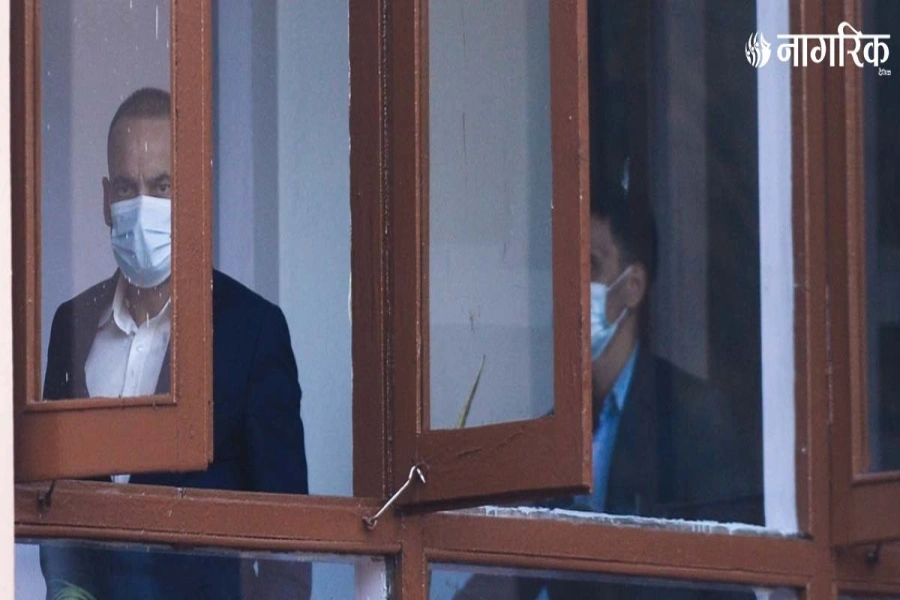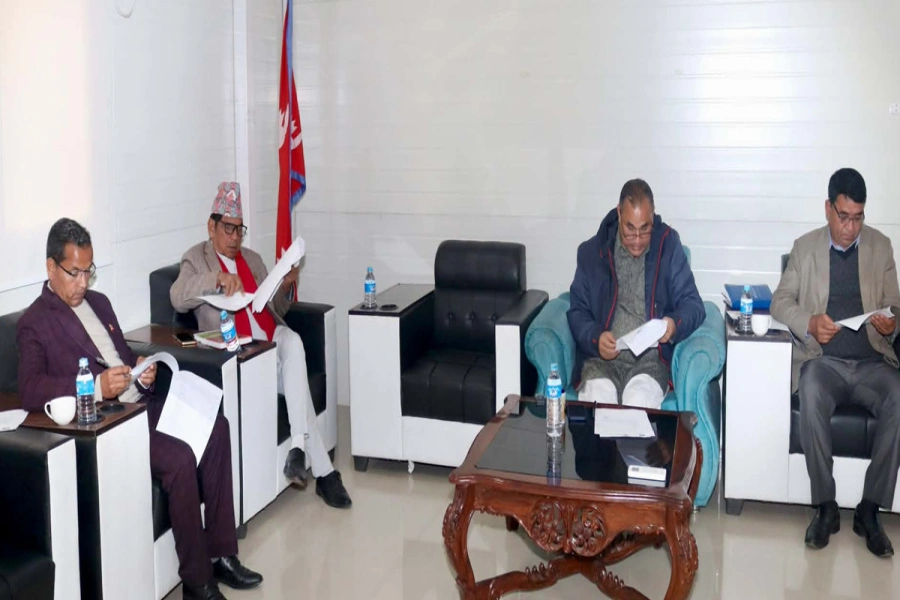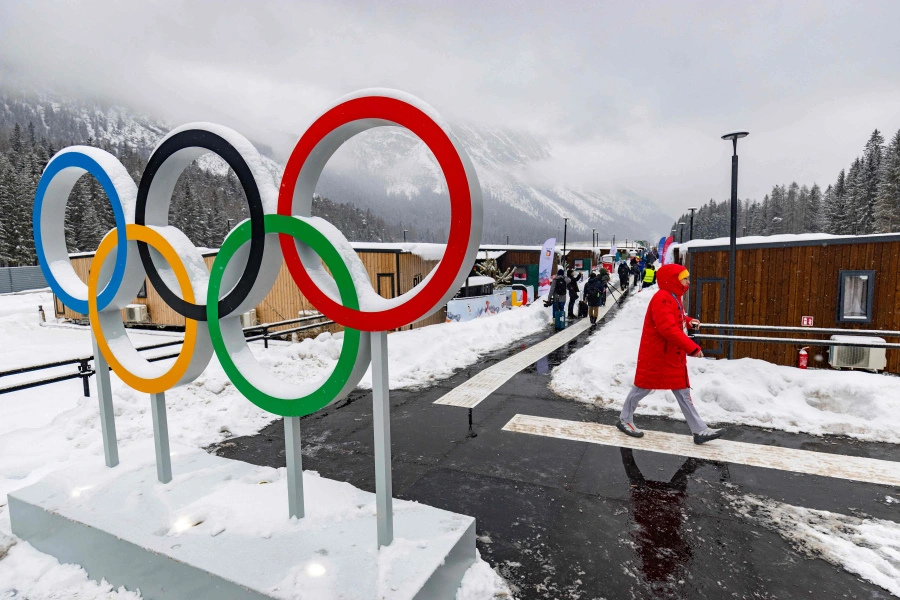It is meaningless to label political parties and government heads with ‘pro-China’ or ‘pro-India’ tags. As long as they are pro-people, they deserve full support from all
After one and a half years, CPN-UML chairman KP Sharma Oli has made a resounding comeback as the prime minister, with dominant majority support from Left Alliance in provincial and federal parliaments and the relevant provisions of 2015 constitution regarding the government’s term of office. With this, the long-awaited political stability seems to be within reach in Nepal. Considering various initiatives he had taken to strengthen relations with China during his first stint and the ‘China’s role’ that was frequently mentioned during provincial and federal polls, will the new government under Oli open a new era of China-Nepal relation?
It must be true that the Left Alliance government is keen to diversify country’s trade and lessen its dependency and China is inevitably a good partner in that process. However, taking into account the special geopolitical environment and domestic political ecology in which Nepal is located, the great opportunities and challenges faced by the bilateral relations of the two countries can never be simply interpreted unilaterally as ‘pro-China.’
Debunking myth
During his visit to China in March 2016 as the Prime Minister, a 10-point agreement had been reached with China that included trade and transit treaty. Oli showed great interests in China’s Belt and Road Initiative (BRI) as well. This was an important move by Oli’s government, which had just withstood an unofficial blockade, in a bid to reduce its over-dependence on one country and enhance its own independent capabilities. It helped Oli to win a China-friendly reputation abroad and he translated it into a distinctive nationalist image domestically. Such practices have been analyzed as major factors that facilitated victory of Oli and his party in the 2017 elections. The public opinion generally interprets these policies of Oli as being ‘pro-China’ and ‘estrange-India.’ Indeed, this would mark a fundamental shift in Nepal’s foreign policy. But it’s not that simple.
Beauties, build the thick skin

Internal political dynamics forced Oli to step down making way for Maoist Chairman Pushpa Kamal Dahal and Nepali Congress President Sher Bahadur Deuba to take over in turn. During their terms, Memorandum of Understanding (MoU) on bilateral cooperation under BRI framework was signed. But the period also witnessed cancellation of contract awarded to Chinese company on Budhi Gandhaki project. Although relevant explanations were given, and Oli promised to reverse the decision after coming to power, it’s impossible not to link such sensitive landmark projects with the country’s foreign policy for it involves hydropower issue which has also been one of India’s concerns.
Left and China
The CPN-UML and CPN-Maoist Center decided to contest the elections by building an alliance between them and they achieved an overwhelming victory. As many analyzing the victory have pointed out, their promise to concentrate on stability and prosperity had won them support of Nepali people. Today, the alliance is placed in a position that can determine the future direction of Nepal for a period of time. How to honor election commitments not only concerns the political future of the alliance and its leaders, but it has also set a major test for political, economic and social development model after the implementation of federalism in Nepal.
After Left Alliance was formed, many speculated that China had played an important role from behind the scene. This interpretation ignored the fact that China’s interests in Nepal and even in South Asia can be achieved through enhancement of bilateral relations. This is also the essence of China’s neighborhood diplomacy in the new era of developing a new type of international relations.
There is absolutely no need to achieve this through the manipulation of the domestic division of party forces. Moreover, the ideological proximity of Left Alliance with the Chinese Communist Party and their political difference to other political forces in Nepal does not naturally ensure incomparable relationship with China. Even the alliance itself still seems unclear about Nepal’s diplomatic direction. After Oli visited the Gyirong port, the only working trade and transit point between Nepal and China, on December 25, Dahal visited Thori which is located in west of Chitwan district bordering India. We don’t know whether it is a demonstration of alliance’s balancing diplomacy or its internal disagreement on key diplomatic issues. But it would be fair to conclude that no drastic changes are in the offing in relations with China.
Walk the talk
Needless to say, expectations of left-wing coalition government and Nepali people for development and prosperity, and thereby enhancing the country’s independence, are real and urgent. After MoU on BRI was signed in May 2017, in September, foreign ministers of China and Nepal unanimously agreed that particular focus would be laid on four key issues: 1) planning a railway, 2) repairing two highways, namely the Araniko Highway and the Syabrubensi-Rasuwagadi Highway, 3) constructing three border ports, namely the Zhangmu, Gyirong and Purang port and finally deepening cooperation in the four key areas covering trade and investment, post-disaster reconstruction, energy as well as tourism.
This is nothing new. This reflects China-Nepal bilateral cooperation that has been practiced over the years. The new cooperation framework and new leadership brings new opportunities, but the difficulties, domestic or external, remain the same. Making new proposals and reaching new agreements is not difficult. It is the implementation that actually counts.
Intensifying relationship with China to lessen external dependence is a time-tested option for Nepal. China also needs to enhance development and opening up of the western frontier regions so as to balance the development of different parts in the country.
Deepening the interconnection with Nepal and other South Asian countries is based on such considerations and their intentions can be perfectly matched. In spite of the complex regional and domestic environment, merely posing a political stance and boasting of it won’t be enough for the two countries to achieve their strategic goals. It is meaningless to label political parties and government heads with ‘pro-China’ or ‘pro-India’ tags. As long as they are pro-people, they deserve full support from all.
The author is doing his PhD on China’s frontier politics and minority issues at Sichuan University, China





